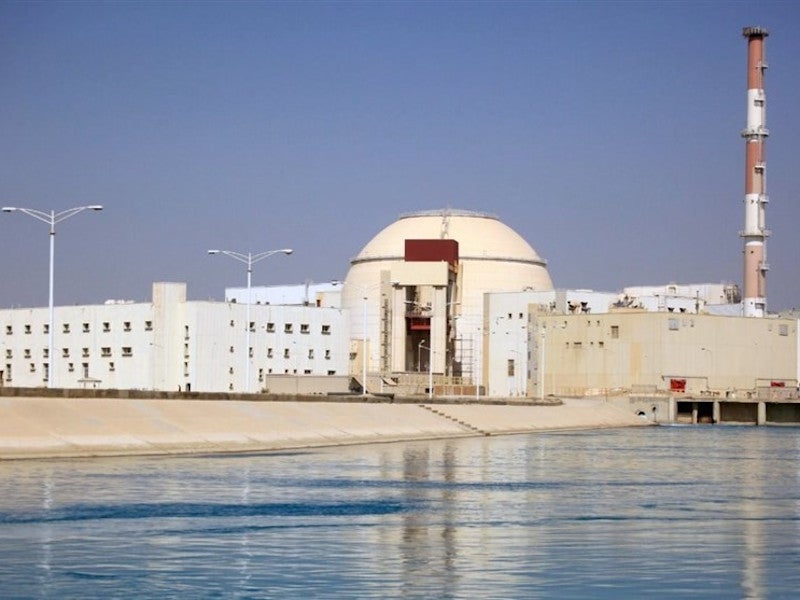Iran-Israel Conflict Intensifies, Women March in Tehran
In a display of solidarity against Israeli aggression, women gathered in Tehran, Iran, on a Friday in June 2025, following the weekly prayers to voice their condemnation. Escalations between Israel and Iran saw the two nations trading blows, marking a week of conflict. Meanwhile, heavy geopolitical decisions rested upon the shoulders of former U.S. President Donald Trump, as he contemplated U.S. intervention. Concurrently, key ministers from Europe engaged in dialogues with Iran’s top diplomat in Geneva, in an attempt to defuse the burgeoning violence.
Despite the urgency and a face-to-face encounter lasting around four hours, Western and Iranian delegates couldn’t reach a prompt resolution. In order to provide diplomacy a fair opportunity, Trump announced a delay of up to two weeks in deciding whether or not to join Israel’s aerial assault on Iran. If U.S. does eventually participate, it is predicted to involve strikes on Iran’s concealed Fordo uranium enrichment facility, which is allegedly accessible only to U.S. ‘bunker-buster’ bombs.
In either scenario, Israel’s Prime Minister, Benjamin Netanyahu, affirmed that their military operation in Iran would persist until they are able to neutralize the imminent danger posed by Iran’s nuclear program and missile armament. Sharing this conviction, Israel’s top general warned that the Israeli military is prepared to engage in a long-lasting campaign. However, amid the negotiations in Switzerland, European officials voiced optimism for forthcoming talks.
Iran’s leading diplomat expressed willingness towards further negotiations but maintained Iran’s strong stand of not engaging with the U.S. as long as Israeli attacks persist. Iran’s Foreign Minister, Abbas Araghchi, stated that Iran might consider diplomatic avenues if hostility ceases and those responsible are brought to account. Yet, no future meeting was scheduled.
Rewinding history, Iran had agreed to limit uranium enrichment and grant access to international inspectors in its nuclear sites under a 2015 pact signed with major world powers – U.S., France, China, Russia, Britain, and Germany. In return, these countries offered to lift sanctions on the middle-eastern country. However, Trump’s decision to abruptly pull out of the deal during his first term led to Iran resuming uranium enrichment, bringing it strikingly close to the weapon-grade 90%, while also restricting access to its facilities.
Israel continued its warfare, claiming to have striked various military targets throughout Iran, including missile-manufacturing hubs. As a result, an Iranian missile crash-landed in Israel’s northern city of Haifa, causing smoke to roll over the Mediterranean port, while wounding at least 31 individuals. The conflict initially ignited on June 13th, stemming from Israeli air strikes on Iran’s nuclear and military sites, strategic generals and nuclear scientists.
Along with the escalating threat, the human toll is strikingly high. An American Iranian human rights group reports the loss of at least 657 lives in Iran, including 263 civilians, with the number of wounded crossing 2,000. In retaliation, Iran launched 450 missiles and deployed 1,000 drones towards Israel; estimates from the Israeli army suggest. Despite their air defenses intercepting most, it resulted in at least 24 fatalities and several hundred injuries.
Amidst these rising tensions, a center of concern remained the potential peril of attacking Iran’s nuclear reactors. At an emergency United Nations Security Council meeting, the leader of the International Atomic Energy Agency pleaded against strikes on Iran’s nuclear reactors, especially the Bushehr nuclear power plant, the nation’s only commercial nuclear establishment, due to potential radioactive fallout.
Rafael Grossi, chief of the U.N. nuclear guard dog agency, made clear about the potential catastrophe that could arise from a direct hit on the Bushehr power plant, causing significant radiation release. Notwithstanding, Israel is primarily focusing its attacks on Natanz, home to the primary uranium enrichment plant, centrifuge workshops in proximity to Tehran, labs in Isfahan, and Arak’s heavy water reactor. To this day, Grossi continues to urge against militarizing these sites.
Although the heavy water reactor located at Arak, initially reported to be undamaged, was later re-evaluated by the IAEA, who then reported about recognizable harm to key infrastructure, including the distillation unit. Yet, it posed no immediate risk as the reactor wasn’t operational and contained no nuclear material. While strikes on enrichment facilities, such as Natanz, raise the specter of radiological hazard, experts are hopeful that it is significantly lower than reactors like Bushehr.
After a discourse with Netanyahu, Russia’s President, Vladimir Putin, reportedly received Israeli assurance of Russian employee safety at the reactor site. Iran’s stance has been consistent on their nuclear program being exclusively peaceful, yet it is the sole non-nuclear-weapon state with uranium enrichment up to 60%. Undisclosed sources believe Israel to be the sole nuclear weapons proprietor in the Middle East, although they’ve never recognized it.
In an early Friday offensive, Israeli warplanes targeted varied locations across Iran, including assembly sites in the north, missile depots in the west, and a Tehran-based advanced research institute. Reportedly, Israeli military had advised the public evacuation of areas around Rasht’s Industrial City, located in the southwest region of the city’s downtown. But Iran’s internet blackout for more than 48 hours leaves it indeterminate if the warning was received.
Despite the reported ‘significant achievements’, Eyal Zamir, Israel’s Army Chief of Staff, cautioned about more difficult days ahead, maintaining that the campaign against Iran is far from over. Meanwhile, Netanyahu, from the ruins of the Weizmann Institute of Science, victim to an Iranian missile strike earlier in the week, reiterated Israel’s stand to fight till Iran’s nuclear program is dismantled. Concurrently, Iran maintained its right to uranium enrichment, while Trump, similar to Israel, demanded complete shutdown of Iran’s nuclear program.

